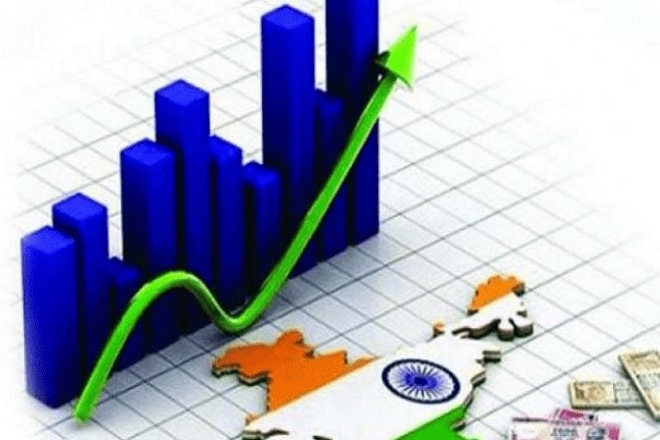Even as the government mulls various alternatives to provide relief to the common man from rising fuel prices, Moody’s says that any excise duty cut will weigh on India’s sovereign credit profile. According to the global credit rating agency, any reduction in the excise duty on petroleum and diesel products in view of high crude oil prices, would exert negative pressure on India’s sovereign credit profile. According to the firm, India may stick to the estimated fiscal deficit of 3.3 per cent of GDP and even cut capital expenditure to offset any slippage from the budgeted target.
Earlier, Moody’s had also pointed out that state-run carriers ONGC and OIL face increasing risk of the government once again requiring them to share the fuel subsidy burden. “The net impact of the subsidy sharing will be manageable for ONGC and OIL, even if the two companies are required to bear the entire shortfall between budgeted and actual amounts for the fiscal year ending March 2019,” Moody’s Senior Vice President Vikas Halan said.
A government official had earlier told The Indian Express that ONGC’s contribution could pare the required price increase in petrol and diesel by one-third with an additional marginal relief provided by reducing the dealers’ commission by 18 paise per litre on diesel and 23 paise per litre on petrol. Further, ONGC’s burden sharing would provide close to Rs 30,000 crore for this exercise, which is equivalent to a Rs 2-per litre cut in excise duty on both petrol and diesel.
It is estimated that fuel subsidies could total Rs 34,000 crore to Rs 53,000 crore in current fiscal, the highest since fiscal 2015, assuming Brent crude oil prices average USD 60-80 per barrel, PTI reported. The government has budgeted for Rs 25,000 crore of fuel subsidies in 2018-19, leaving a shortfall of Rs 9,000-28,000 crore, which could be met by ONGC and OIL entirely, or in part, if the government increases the budget allocation for these subsidies.

